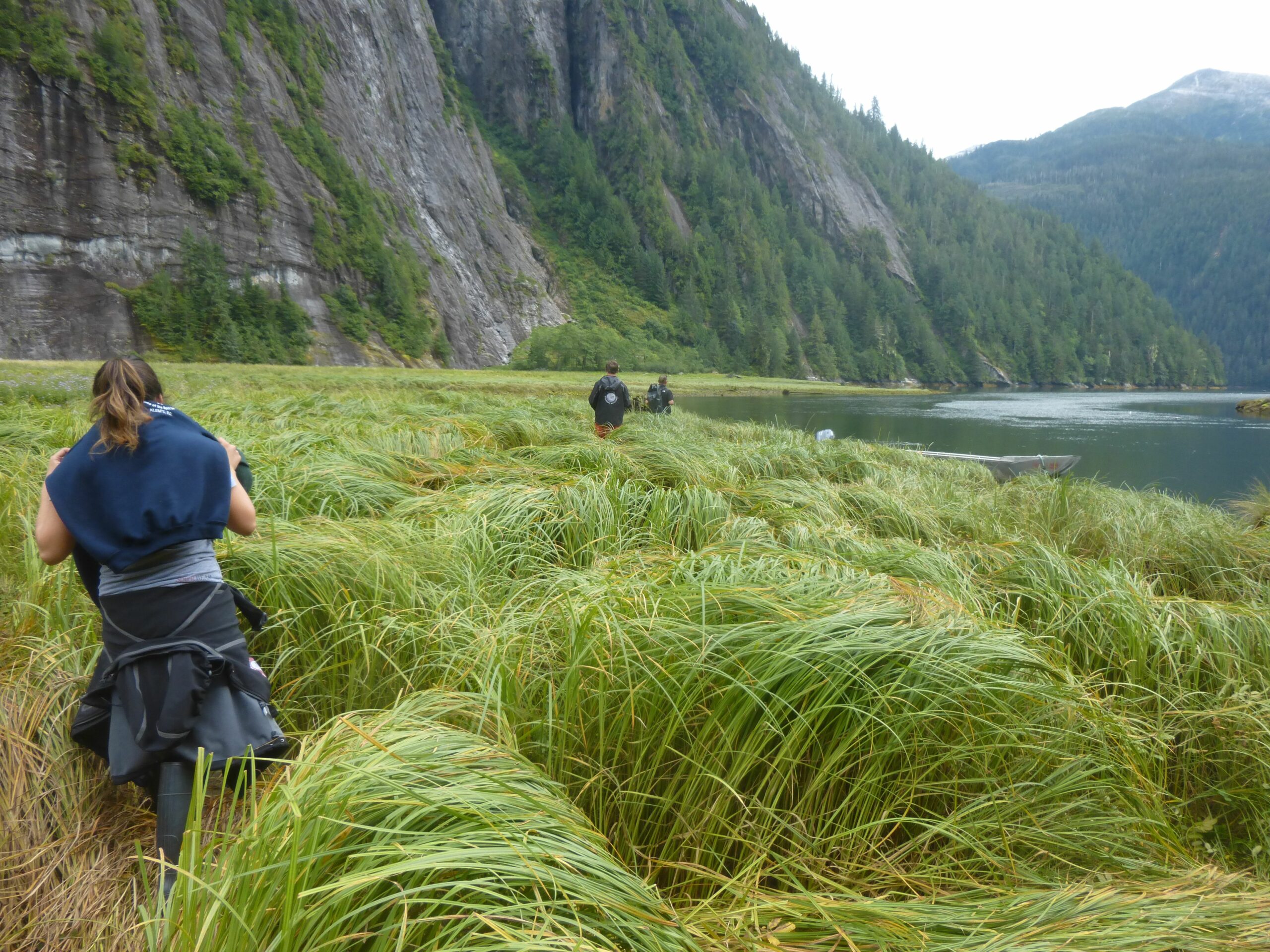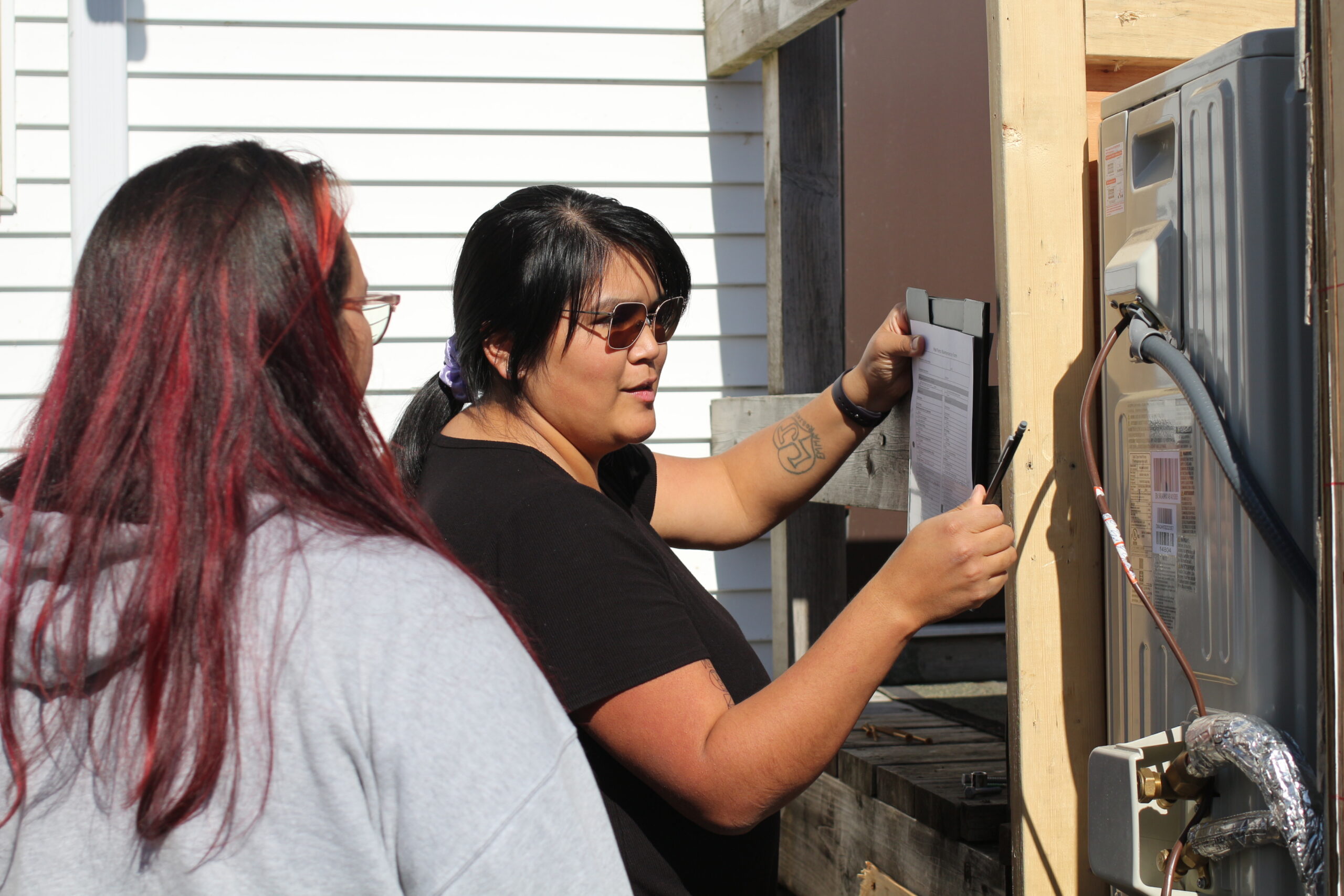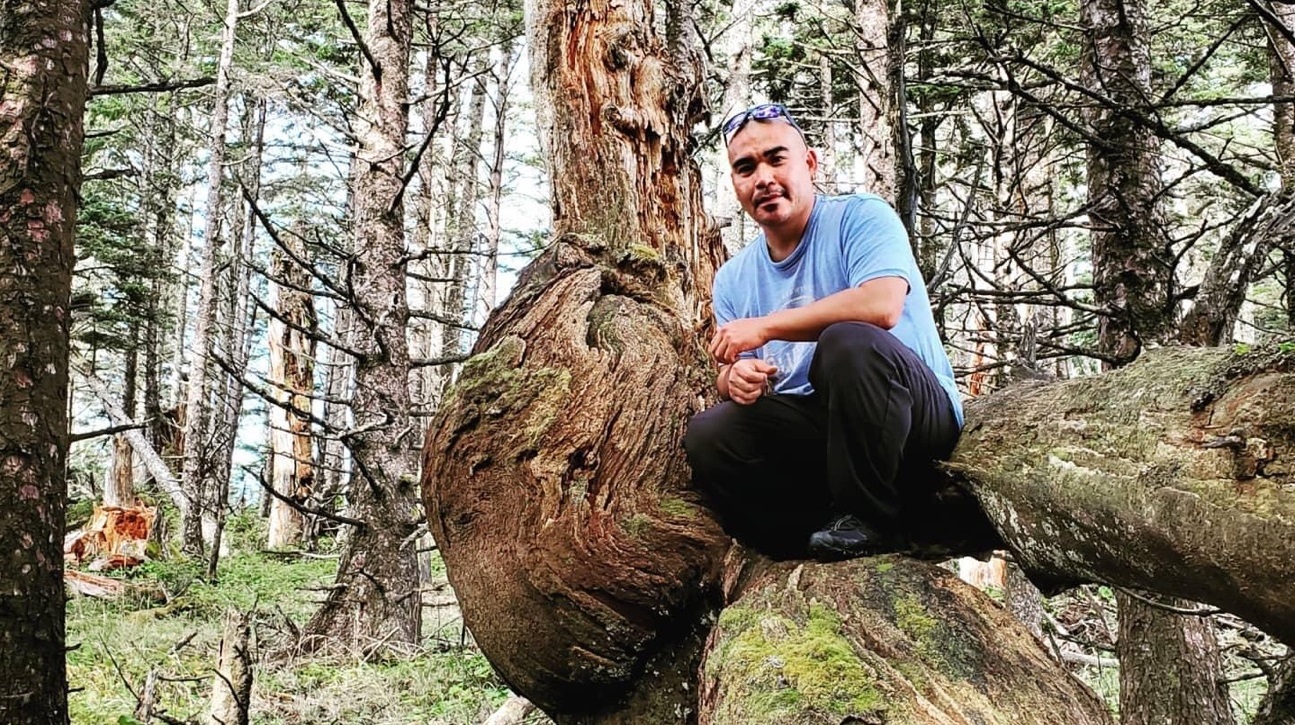Coastal Guardian Watchmen are the eyes and ears of their Nations, working in the field and on patrol to protect the local culture, communities and ecosystems throughout their territories. For as long as these programs have existed, Guardians have also carried out many other frontline duties for their Nations, often going above and beyond their stewardship role.
This was especially true in 2020, when the COVID-19 pandemic brought much of society to a stand-still. With regular work and patrols either disrupted or put on hold, Guardians supported their communities in many other ways—from collecting groceries for community members, including food fish distribution, to checking up on Elders isolated at home and providing much-needed information updates for the entire community. For some Nuxalk Guardian Watchmen, it even meant taking on the very demanding role of working at an information checkpoint along the main highway into Nuxalk Territory.
Global pandemic or not, Coastal Guardian Watchmen have always been highly valued within each community, and they often draw upon their unique knowledge and skills as Guardians to transition into diverse new roles for their Nation.
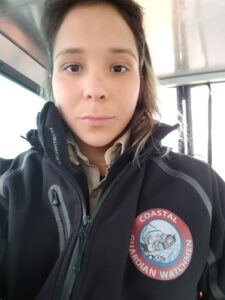
Just ask Chantal Pronteau, a former Kitasoo/Xai’Xais Guardian who is now a full-time Language Project Supervisor, working to help document and ultimately revitalize the two language streams in her territory. “I just wanted to do more for my community and this seemed like a really great fit,” says Chantal, who started the language work part-time in 2016 while she was still a Guardian. “and I also wanted to learn from Elders as much as possible. I learned a lot from my grandmother, who passed away a little over a year ago, so it’s definitely very important for me.”
The pandemic really changed how the documentation work was done, forcing Chantal and other staff to conduct language recordings in virtual ways, using Zoom for example. She says the ultimate plan is to create a “First Voices” archive and eventually use it for a range of other applications, such as language training and education for other community members. Chantal says she’s also considering other avenues for helping out in her community, specifically focusing on health and wellness.
“I loved being a Guardian, and I’m bringing what I learned from that experience into these new roles as well,” says Chantal. “Documenting language is really just another form of stewardship; it’s preserving our culture. Those places that I worked to protect as a Guardian have ancestral names, and that’s part of what we’re trying to protect now—not just the place itself, but the place names too.”
Across K̲andaliig̲wii (Hecate Straight) on Haida Gwaii, that deep interconnection between natural and cultural stewardship is reflected in the work of the Haida Watchmen and Guardians. “We’ve got a lot of great experience within our program; some Guardians have worked 12-13 years in the role,” says Richard Smith, Haida Fisheries Operations Supervisor. “They know what they need to do out there, and can easily take the reins over whenever needed and help others along. It makes my job a lot easier.”
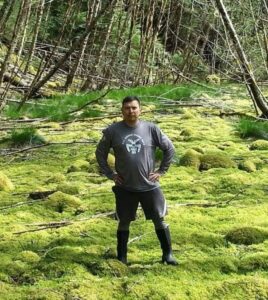
Richard is another great example of the diverse roles that Guardians play throughout coastal communities. Today, he oversees the work plans and schedules for all Watchmen and Guardians, and he also helps to organize the research-based dive trips for Haida Fisheries—drawing upon his first-hand experience as a diver. “As supervisor, I know this work can sometimes be challenging,” he says, referring to the five years he spent working as a Haida Watchmen. “I’ve done the creek walks and clam sampling, and I’ve also spent long periods working in remote, isolated areas. I was really grateful for what I learned over those five years. Now, I just try to make it fun for everyone.”
Richard says it’s been a challenge this year due to COVID-19, but they still managed to get a lot of monitoring work done, including ongoing patrols on the water, as well as clam sampling, salmon counts, and crab harvest and other catch monitoring.
As for the future, Richard says he’s happy and content in his current role, although sometimes he misses being out in the field and on the water. “I find it hard to settle and always want to learn more,” he says. “But I love this job and I love the people I work with. It’s really great to work with good people, and it helps that I’ve been in the field too. I was in their shoes, so I understand.”
Join us for more CFN Anniversary stories at our new anniversary webpage, and on Facebook, Instagram and Twitter.
